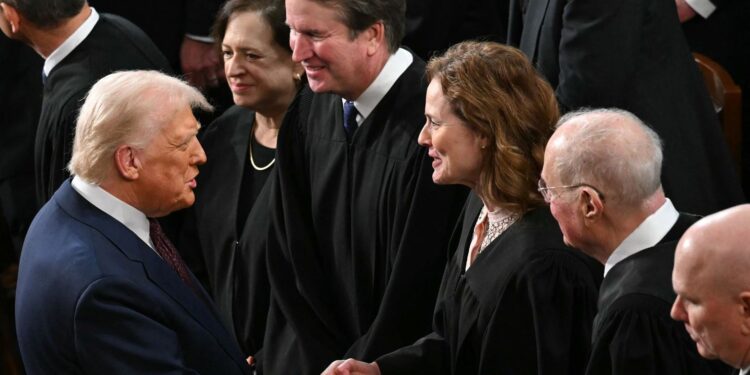The U.S. Supreme Court has agreed to extend filing deadlines in U.S. v. Hemani, a closely watched case that could determine whether the federal government can continue to ban gun ownership by people who use marijuana or other controlled substances.
The extension, granted Friday at the Trump administration’s request, pushes back the government’s deadline to file its initial brief from December 4 to December 12. Respondents will now have until January 20, 2026, to reply, and the government’s final brief is due February 19. Both parties reportedly agreed to the revised schedule due to the “press of other cases.”
At issue is Section 922(g)(3) of federal law, which makes it a felony for “unlawful users” of controlled substances to possess firearms. The Justice Department has defended the policy as necessary to disarm individuals who “pose a clear danger of misusing firearms.” But defense attorneys and a growing number of lower courts say the ban violates the Second Amendment—particularly for people who use cannabis legally under state law.
The Hemani case arrives at the high court following a wave of conflicting rulings from federal appeals courts across the country. Several courts, including in Oklahoma and Rhode Island, have struck down the statute as unconstitutional, citing the Supreme Court’s 2022 Bruen decision, which set a higher bar for gun restrictions not rooted in historical precedent.
Gun rights groups such as the Second Amendment Foundation have also urged the justices to expand their review, arguing that current laws unfairly target millions of lawful cannabis consumers.
If the Supreme Court upholds the ban, the decision could cement the government’s position in several pending cases involving similar challenges. But if justices strike down the restriction, it could mark one of the most significant legal victories yet for cannabis reform advocates—potentially forcing Congress to revisit how marijuana users are treated under federal firearm laws.
For now, both sides are preparing for a case that will likely test the limits of federal power, state cannabis laws, and the evolving interpretation of the Second Amendment.
Read the whole article from MarijuanaMoment here.













